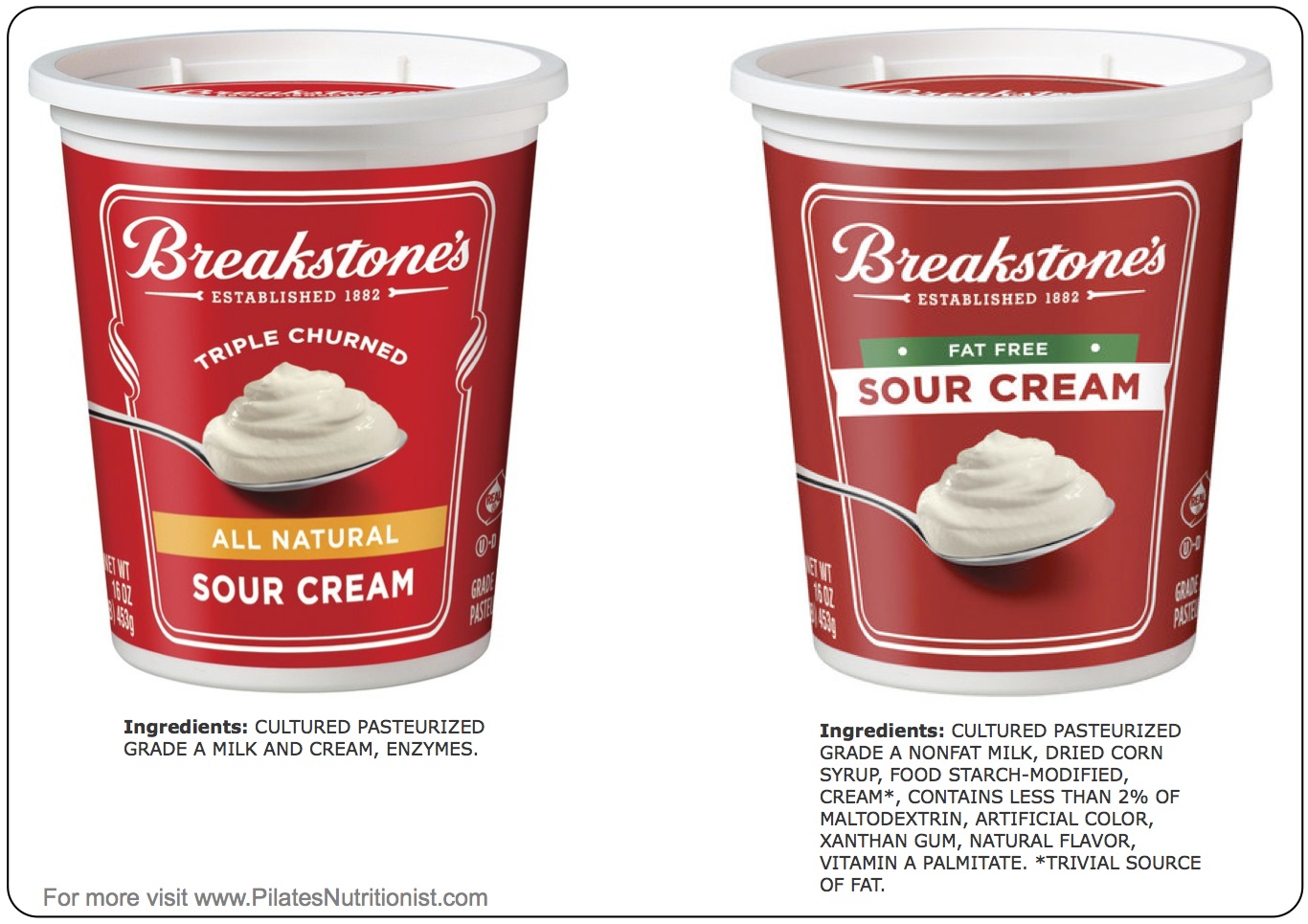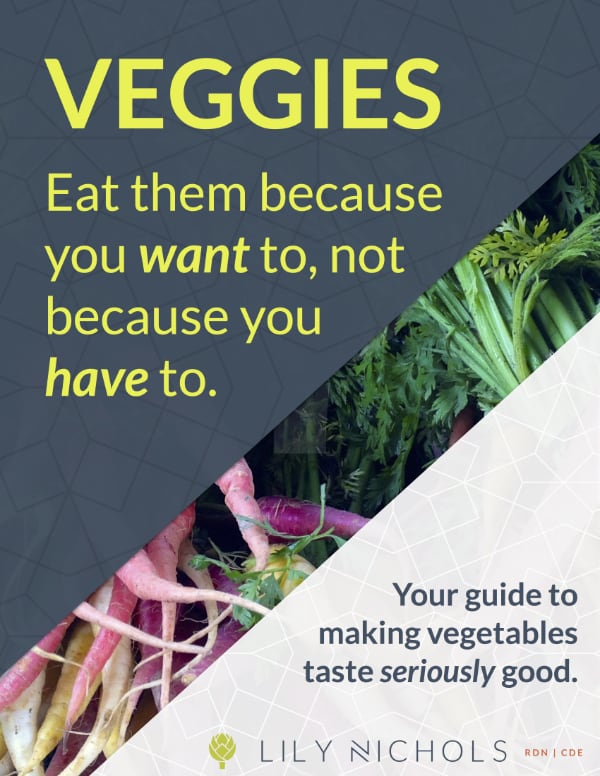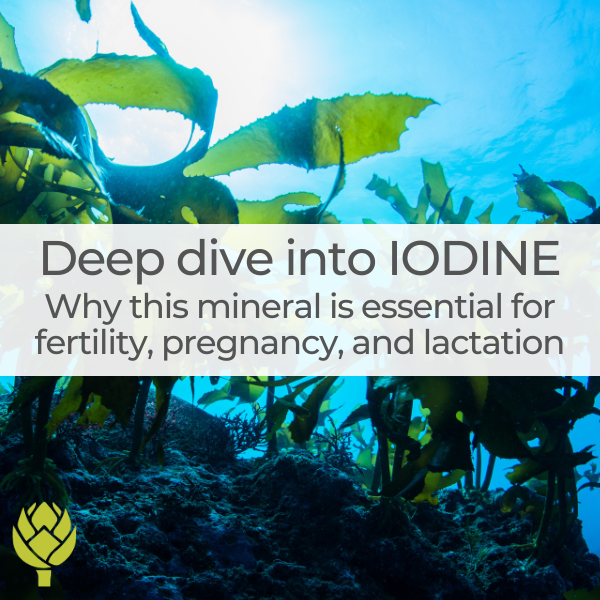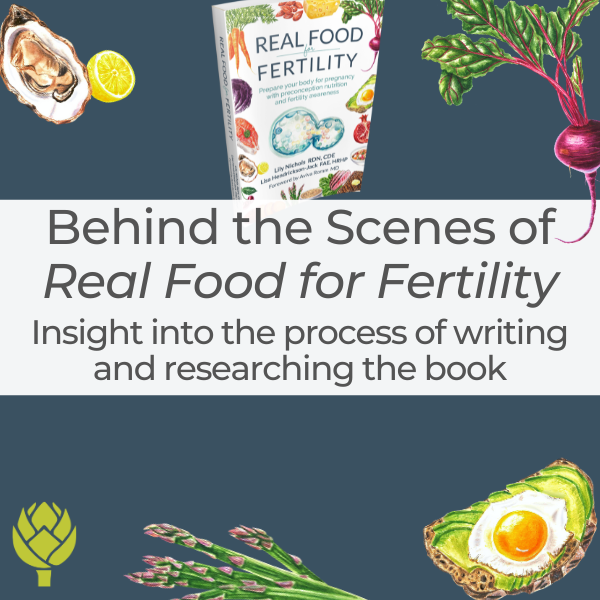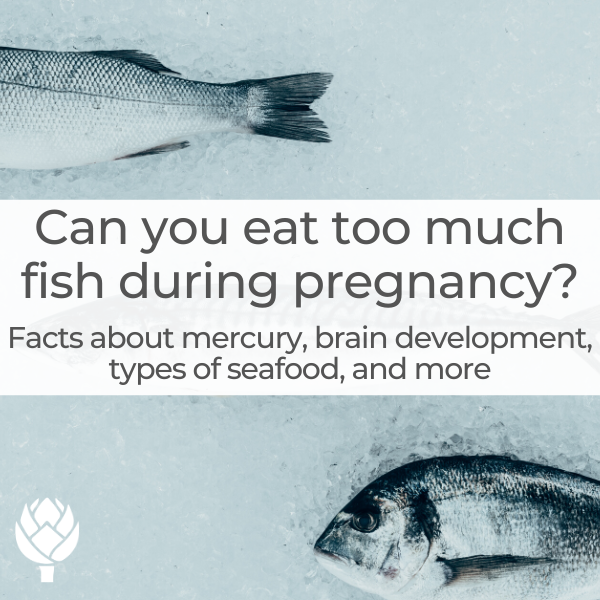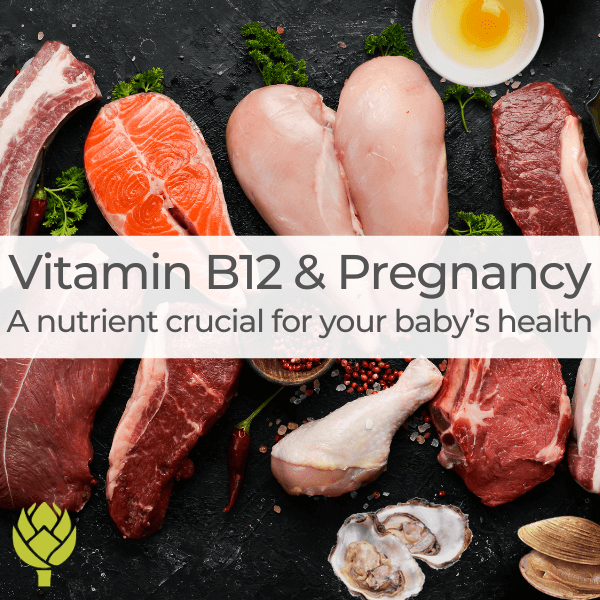If you have taken the advice from the latest magazine or your doctor, you been buying low fat foods because you thought they were healthier. Unfortunately, eating low fat foods may actually be putting your health at risk and is perhaps my biggest pet peeve at the grocery store.
Let me start from the top.
Some of the many reasons people flock to fat free foods:
Myth a) eating fat makes you fat and therefore eating fat-free means you will someday also be fat-free (or at least lose weight)
Myth b) fat free automatically equals healthy, because we all know eating fat gives you heart disease
Myth c) fat-free means you can eat as much as you want and not get fat.
Sorry folks, none of these are remotely true. In one sense, this label claim is not breaking any rules – products listed as fat free are indeed free of fat (or very close to it). But, our interpretation of the effects on our body are not accurate.
By my earlier posts, you may already know that I’m not a supporter of low fat diets. This is why.
When you take the fat out of food, it tastes like cardboard, so food companies must trick you into liking them.
They do this by adding lots of sugar (who doesn’t like sweet!), artificial flavorings, and emulsifiers or thickeners (to give it that rich, buttery mouthfeel).
Before you buy a food marketed as fat-free, do an ingredient check. If the ingredients are simple and easily pronounceable, it is likely a good product, regardless of fat content.
If there is a real, full-fat alternative, chances are the ingredients are simpler (and the product tastes better!).
I like to look at sour cream as an example. Check it out for yourself.
If the product is sour CREAM, you should be buying sour cream, not fat-free milk, dried corn syrup, and modified food starch (plus the token flavors, thickeners, emulsifiers and artificial colors).
Not only are the ingredients worse in the Fat-Free Sour Cream, but these non-fat products are horrible for your body. You have a deadly combination of high sugar and low fat.
Eating sugar and carbohydrates spike your blood sugar. Eating fat does not. When you eat high sugar, fat-free food (especially one that is low in protein and fiber as well), your blood sugar spikes, then your insulin spikes, then insulin tells your body to store the excess sugar as fat. Your body rapidly lowers your blood sugar (because it knows that too much sugar in the blood is highly toxic).
Now you have low blood sugar and your body thinks you are starving, so it triggers your appetite to eat more food, especially food that will raise your blood sugar quickly – sugar and carbohydrates. The cycle continues. For most, this will lead to binge eating carbohydrates, mood swings, headaches, and energy lows. For some, this may even lead to pre-diabetes or type 2 diabetes.

